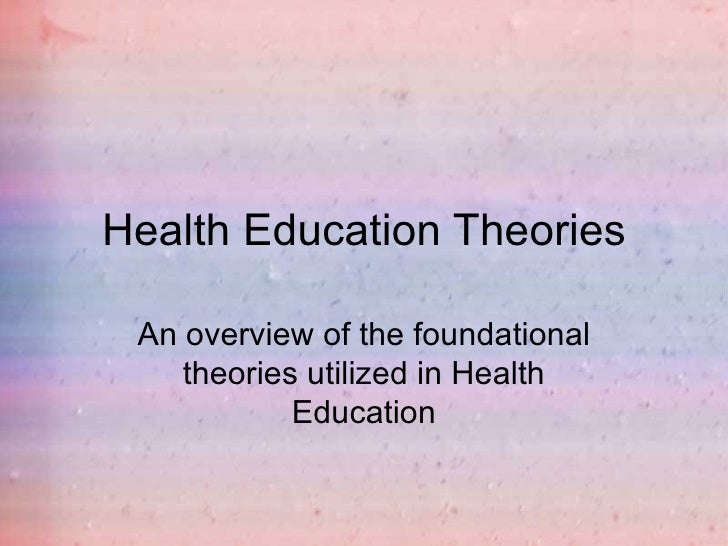
Most nations have their public health divisions. They serve the health needs of their citizens and community members by providing public health assistance and administration. The health divisions of the federal, state or local governments are usually known as ministries of health.
In the video summary of theory by Laureate Education (2009), Michael Patton explores the idea of public health theory in research and the connection between Community Health Education Theory (CHET) and, other theories. However, he indicated how CHET is an integral part of health promotion. He also indicated that public health theories are vital and central methodology in scholarship and scientific approach. He also identified theory as an explanation of a set of ideas used in the research community.
CHET is one in which, according to health education research (2014), is “social environments that influence health behaviors, but theories of how this occurs are relatively underdeveloped.” One of the differences between CHET and related theories is the association between theories of health behavior as part and parcel of CHET. CHET supported the concept of improving health education in population and the promotion of community health assets. Some researchers found that the ability to empower others was a behavior associated with collective leadership in CHET. The notion of empowerment has historical roots in the social change movement of the 1960s and 1970s when it unfolded as a process for the “oppressed” to use their strengths to take charge of other’s lives. The empowerment process, viewed through social change lens, involves increasing personal, interpersonal, and political power so that individuals, families, and communities can take charge of their situations (Gutierrez, 1994).
Gutierrez, L. (1994). Beyond coping: An empowerment perspective on stressful life events.
Journal of Sociology and Social Welfare, 21: 201-219.
Health Behavior and Health Education. (n.d.). Health Behavior and Health Education. Retrieved from http://www.med.upenn.edu/hbhe4/
Health Education Research. (2014). New health education research findings from Johns Hopkins University (developing behavioral theory with the systematic integration of community social capital concepts). Education Letter, 82. Retrieved from http://search.proquest.com/docview/1614953777?accountid=14872
Laureate Education, Inc. (Executive Producer). (2009j). Theory. Baltimore, MD: Author.






